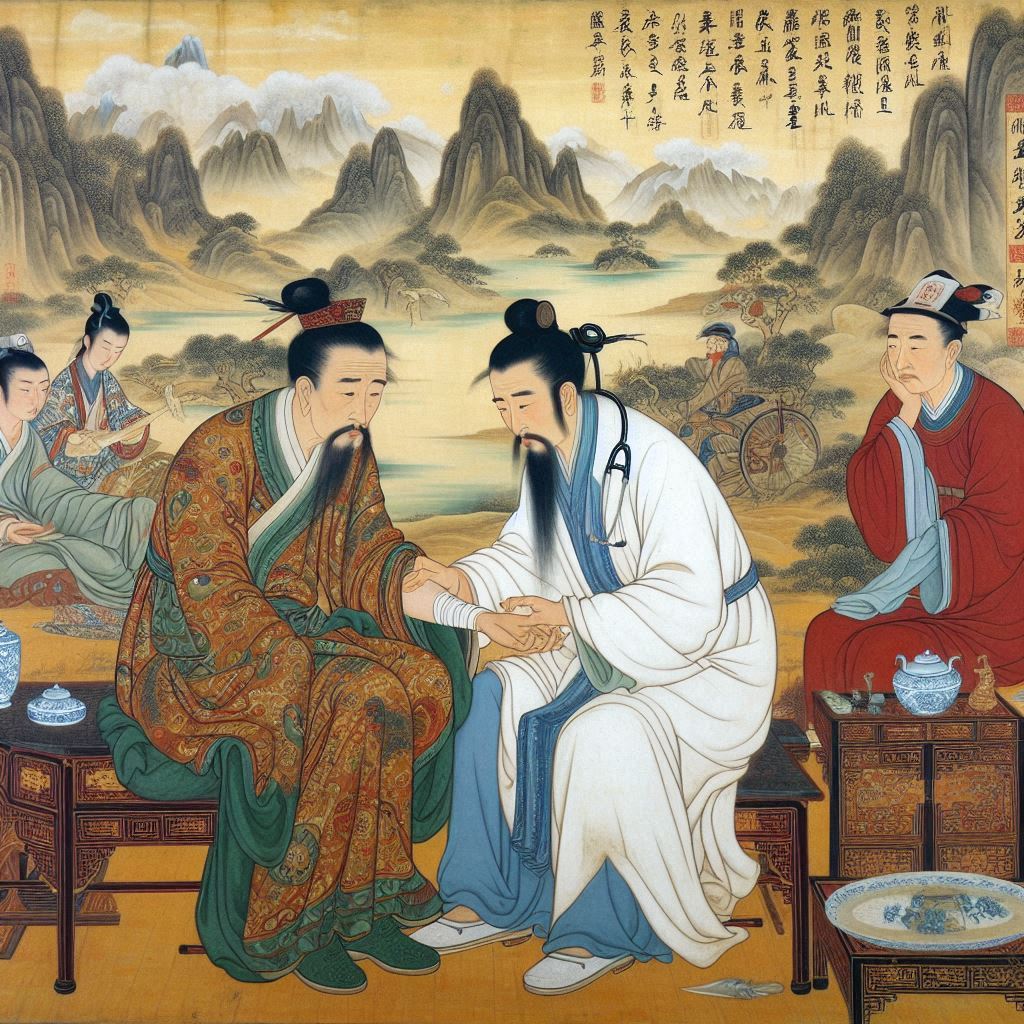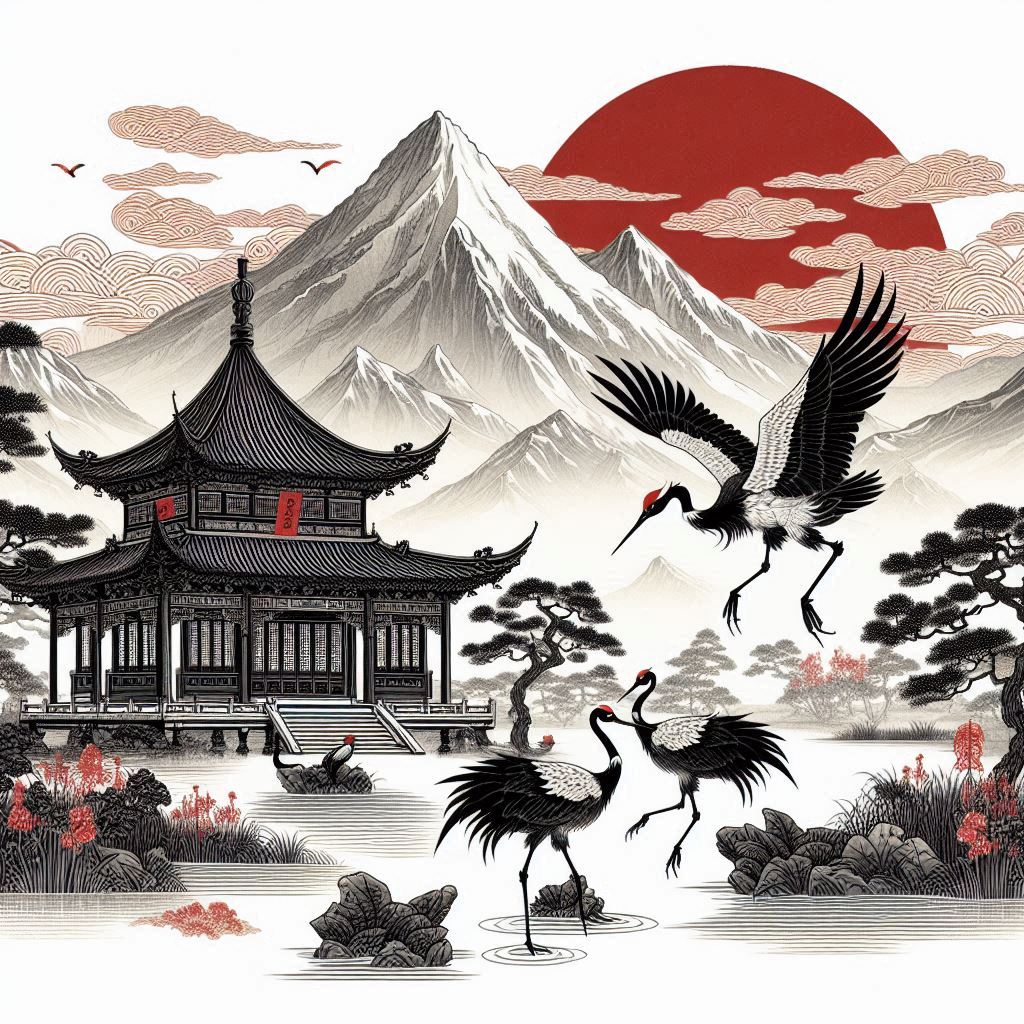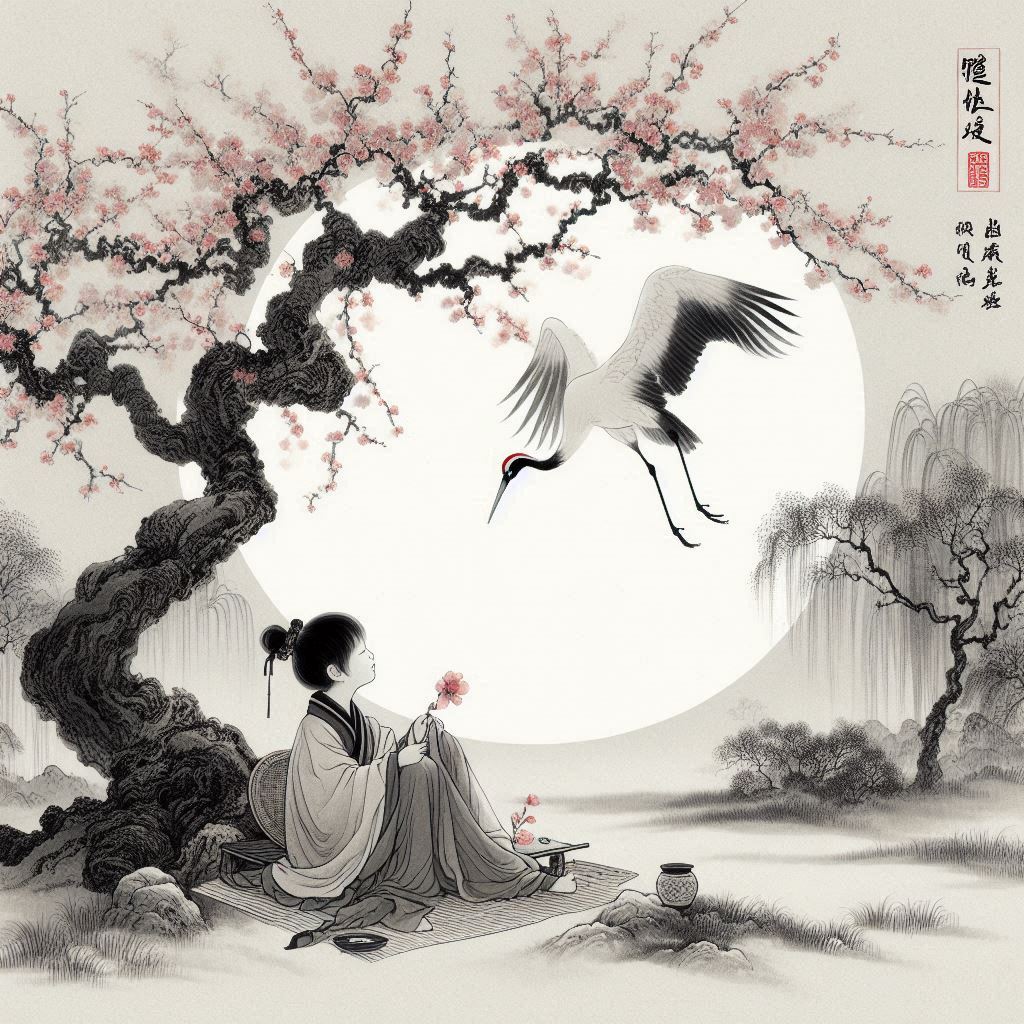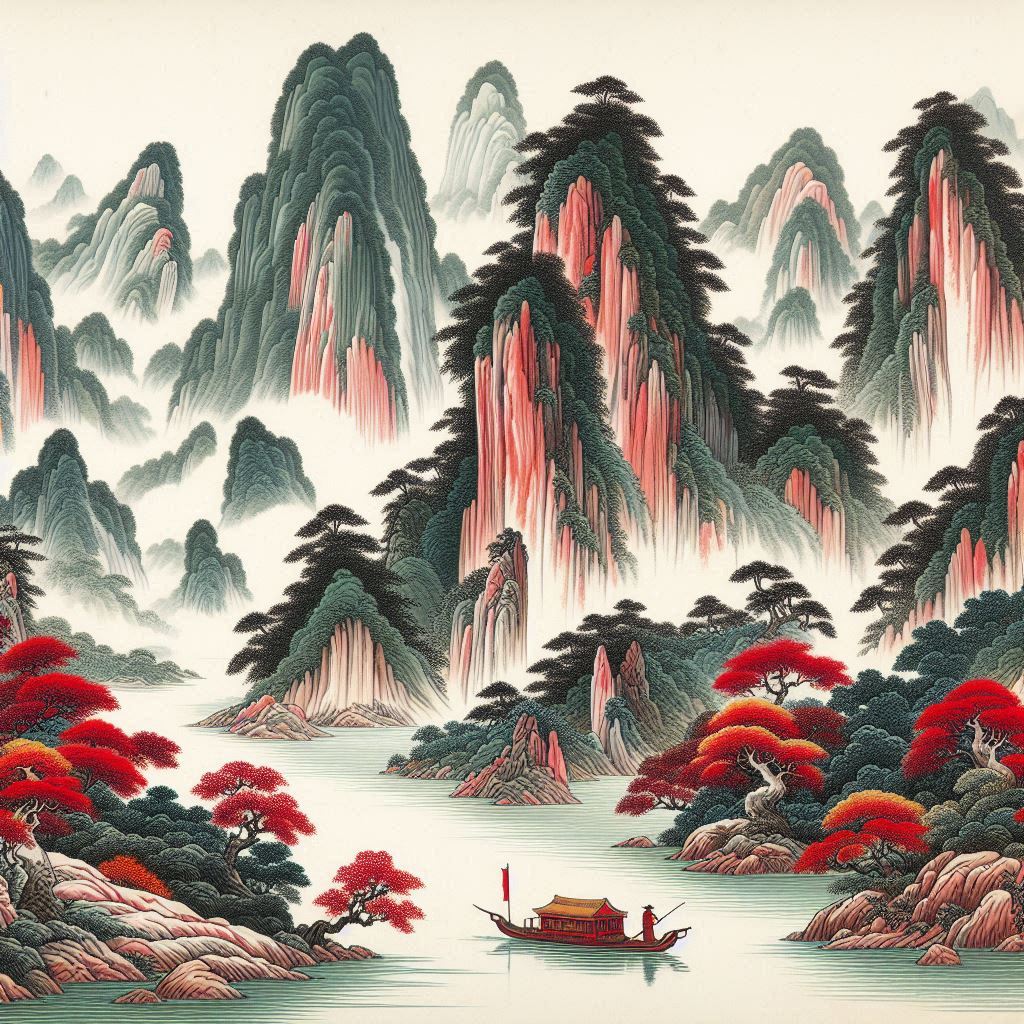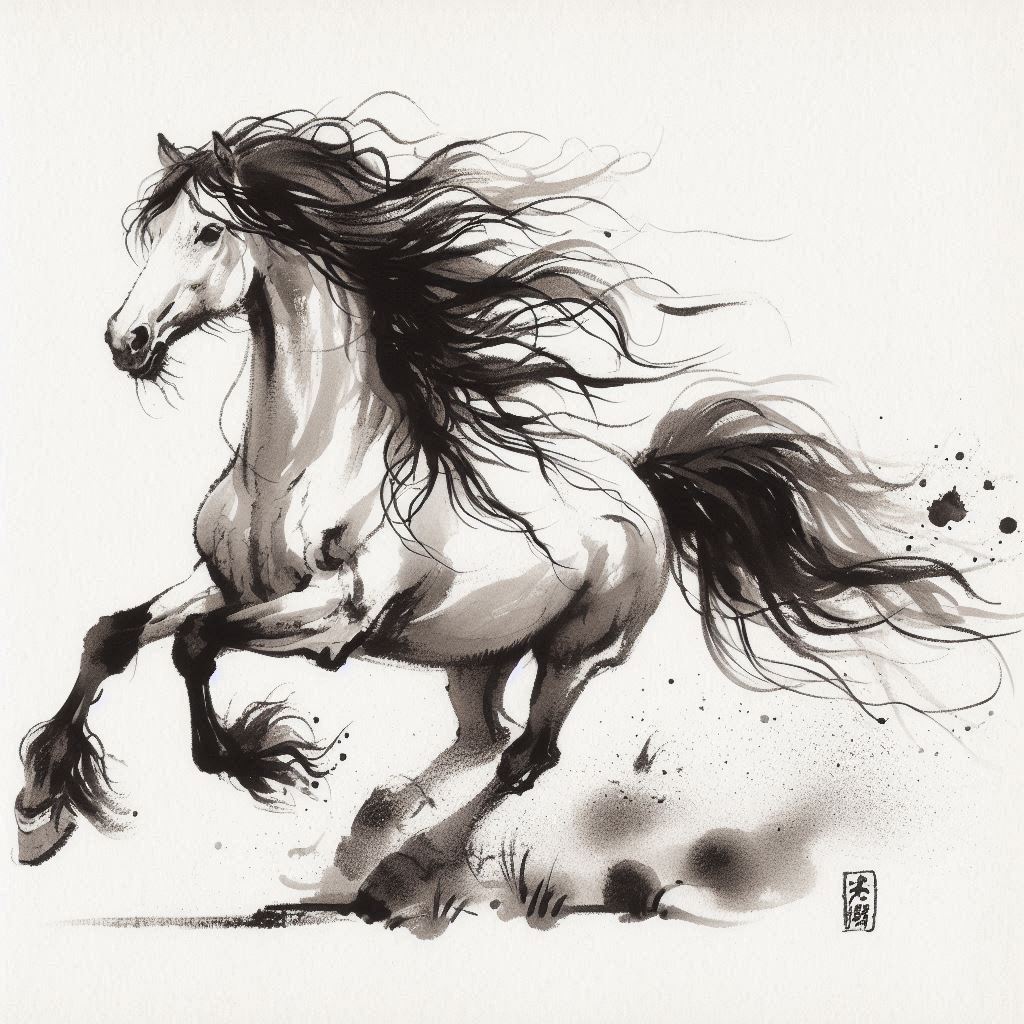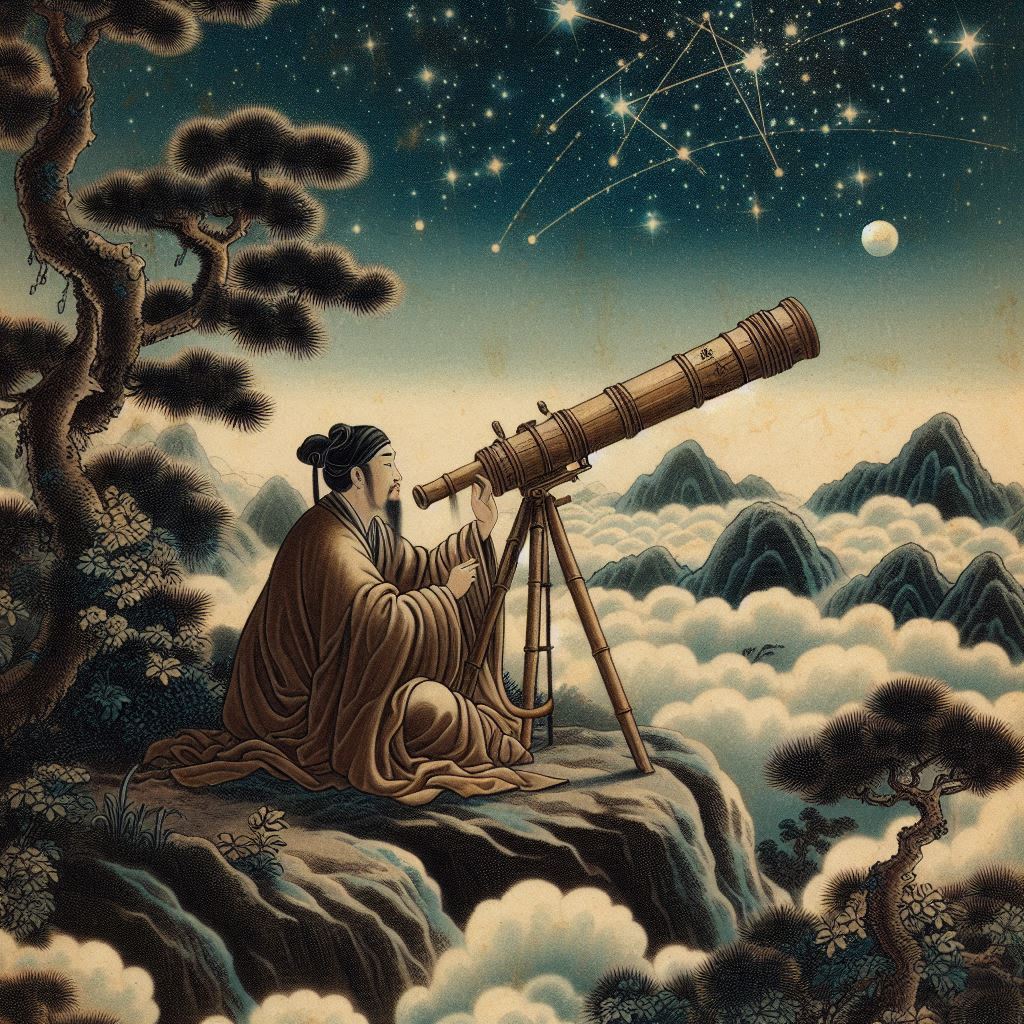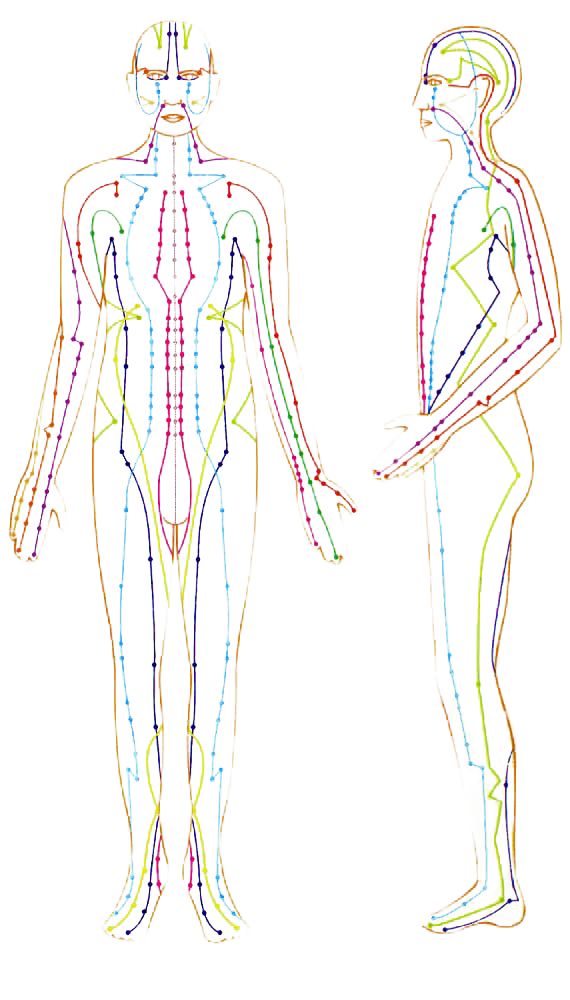
In Chinese language the term for body meridian is "jing" which means "route". It is not uncommon to relate to the body meridians in traditional Chinese medicine as routs/channels which carve the body just like rivers carve waterways in a mountain. Thus meridians can be viewed as pathways in which Qi flows the same way water flows in riverbeds. They run through the entire body, the different body organs and body structures, and are essential for their vital saturation.
Each meridian has acupuncture points which are like small "tunnels" that connect the body's exterior to the meridian. During acupuncture treatment - the practice of inserting fine metal needles in these "tunnels" in order to stimulate the body's own natural healing processes - the point that is stimulated starts affecting the Qi of the meridian it belongs to. Based on the properties and indications of the point it may invigorate/move Qi, direct Qi downwards, direct Qi upwards, cool, tonify, eliminate, etc. Thus acupuncture affects the different organs and body structures in various ways as they are penetrated by the stimulated meridians. It adjusts their Yin and Yang aspects(2), their "temperature", and energetic field so that balance is restored.
YS
Zhang, Enqin (1990). Basic Theory of Traditional Chinese Medicine. Shanghai: Publishing House of Shanghai College of Traditional Chinese Medicine
Deng Liangye, Gan Yijun, He Shuhui, Ji Xiaoping, Li Yang, Wang Rufen, Wang Wenjing, Wang Xuetai, Xu Hengze, Xue Xuiling, Yuan Jiuling (1987). Chinese Acupuncture and Moxibustion. China: Foreign Languages Press
Related Articles:
The Concept of Qi in Chinese Medicine

